I was fortunate to be able to participate in last weekend’s ABA Summit on Legal Innovation. Watching all the presentations, and participating in Blue Sky innovations — my main priorities and agenda items for innovating services all got boiled down to one blaring message:
Here are some of the people that called for centralizing, coordinating legal help from the users’ point of view:
There are a few initiatives that must happen to get the Internet to be a law-friendly, people-friendly resource for anyone who is going to type in a query seeking out help for their divorce, debt, bankruptcy, child custody, landlord-tenant issue (and beyond…). Here’s what I’m seeing as a shortlist of things to be working on:
- Deep, design-driven research into how lay people approach the Internet when seeking out help for their life (legal) problems (Note: I’ve been doing this, now I need to scale it up & publish the resources)
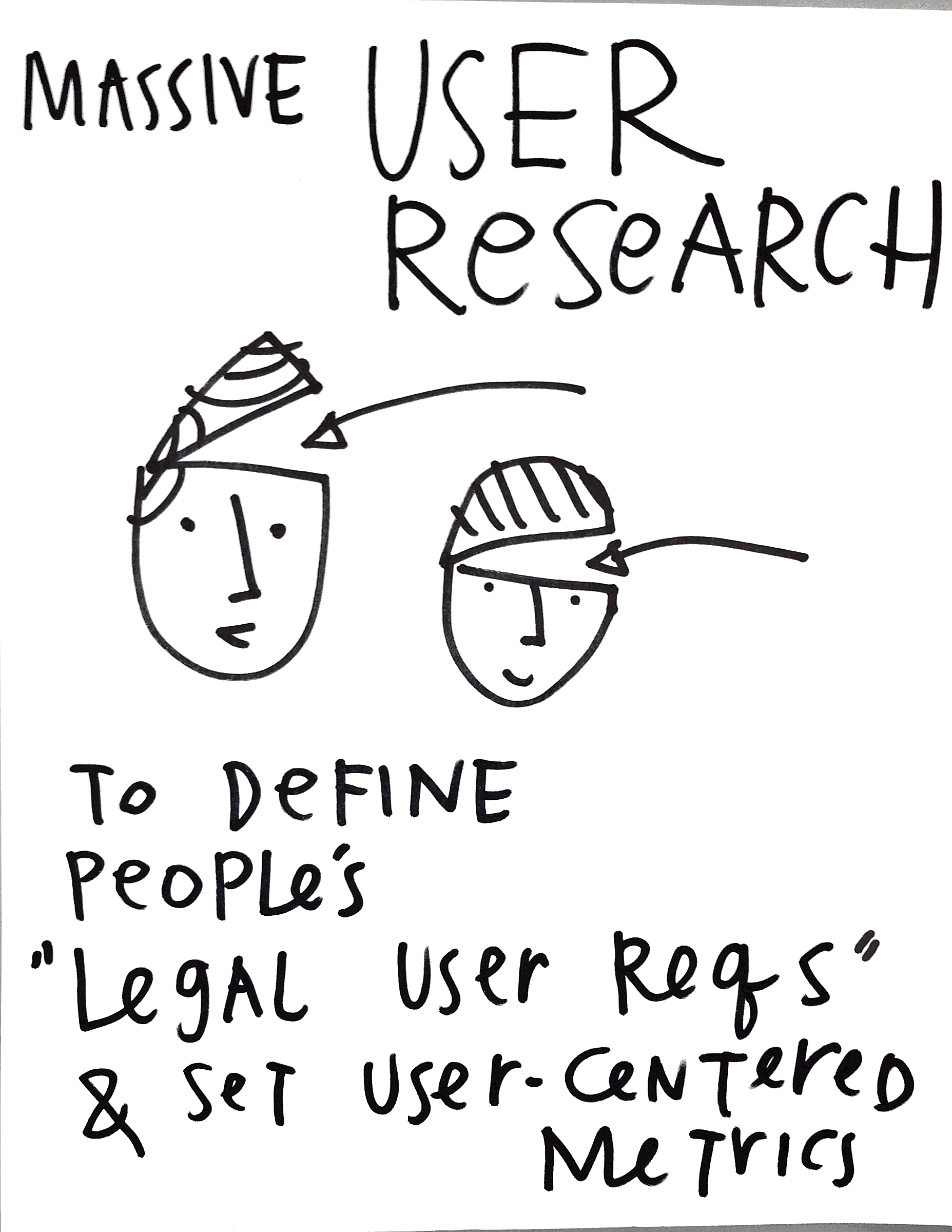
- Using understandings from this research to feed into new concept designs, principles/heuristics/guides for what better interventions could be, to get the Online Help Seeker to Quality Legal Services easily, directly, happily
- Partnering with the right organizations to get these interventions implemented:
- Google, Yahoo, Microsoft, and other search engine companies — which are really the crucial portal for how a lay person will seek out and find legal help
- States’ Legal Help sites
- Courts’ Self-Help/Public-Facing sites
- Other social service/governmental groups that have adjacent, linked resources to legal services’ resources
- Legal Aid groups
- Consumer Law websites
For step 2 — what the right interventions are to get the Internet to serve legal help-seekers in a better way, I have my inclination about what some key things will be.
- Centralized Legal Help Portals: each state, or maybe even the whole country has one *strongly branded* website that does an issue-based, person-based, and jursidiction-based triage on the visitor, and funnels them to a legal help channel that works for them. Its one central, recognizable place that can warmly hand the person off to the right local resource — tells them what their legal issue is called — and whether they might qualify for legal help.
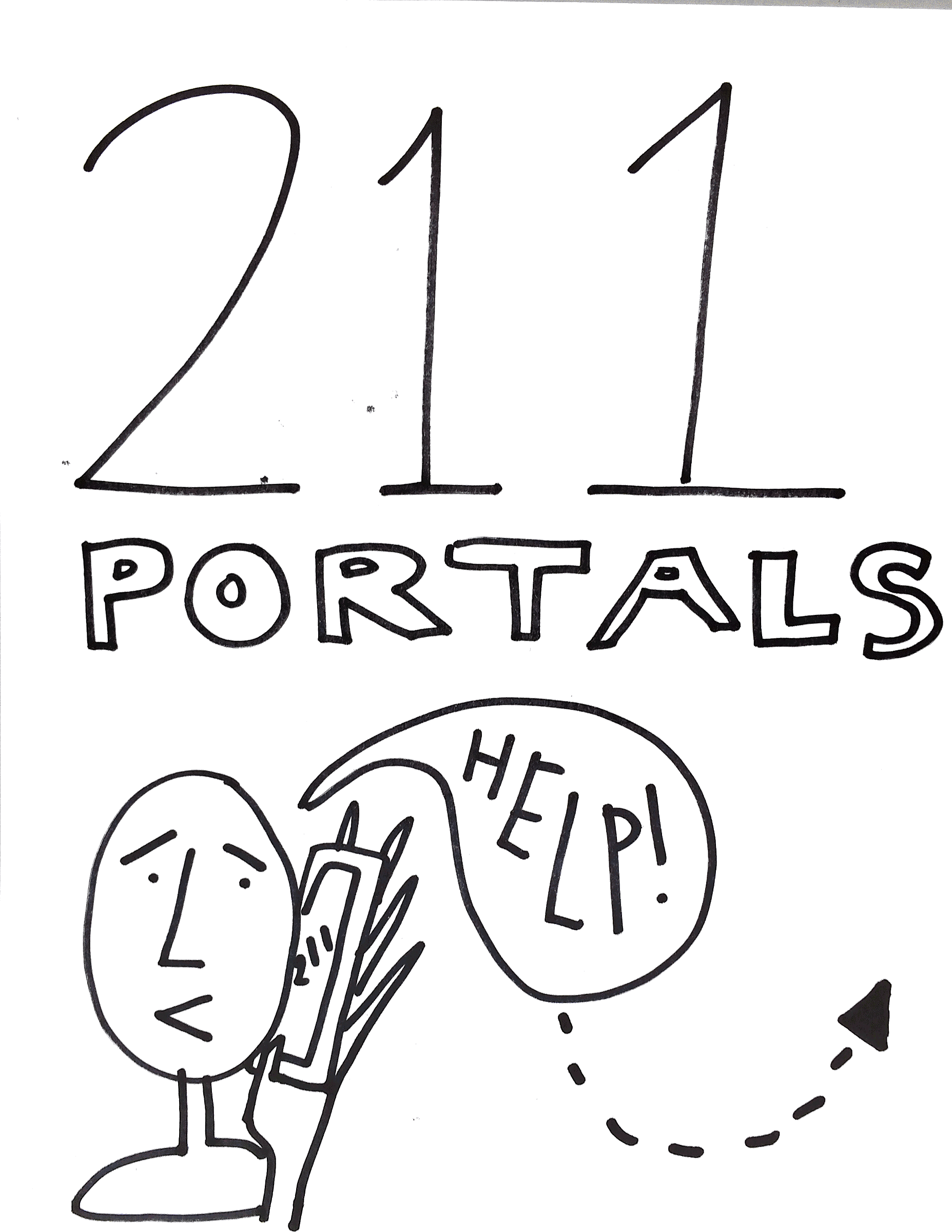
The LSC-TIG Summit last year listed centralized state-by-state legal portals as one of their central agenda items, and I want to see this happen!
- Smarter, More Directed Search Results: if people are always going to be typing in a query into a search engine (Google, Bing, Yahoo…) then why not intervene right there, at the search result list? Like I’ve written before, I want better legal help directions right there on the search results page.
- Coordinated Data & Service Offerings among legal aid groups, courts, pro bono, consumer sites, and any other service-provider — so that a person can see the relevant and applicable offerings for them. A site would be able to triage a general Internet-help-seeker to the right service provider and hand them off. To do this, we need to get the service providers all saving, structuring, and sharing their service-offering-info in a coordinated & open way — so that we can collect it and implement triage and hand-off tools on top of it. Look at what Open Referral (associated with Code For America) is doing along this line for general social service providers. Tools like Purple Binder and mRelief can be built on top of this coordinated system.
Okay, whew! That’s a lot of ideas and lists.
Now, to add on a few sketches of what I’m thinking about for these centralized legal portals, centralized triage, etc… They are all at the raw stage, but hopefully they offer some grounding to the ideas I’ve fired out above.
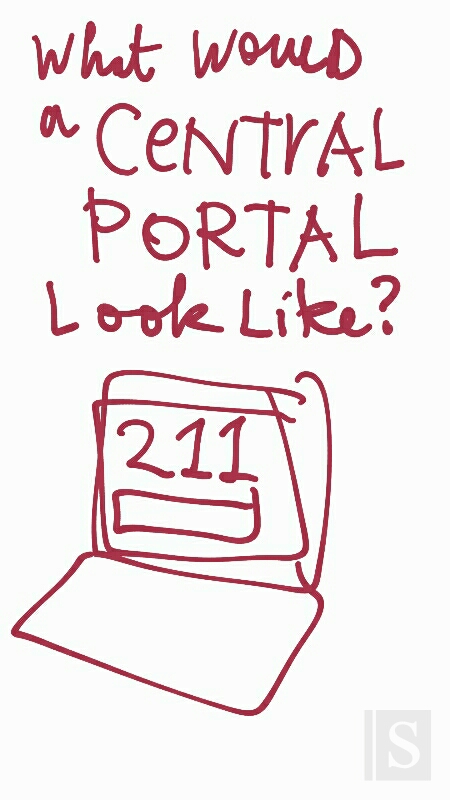
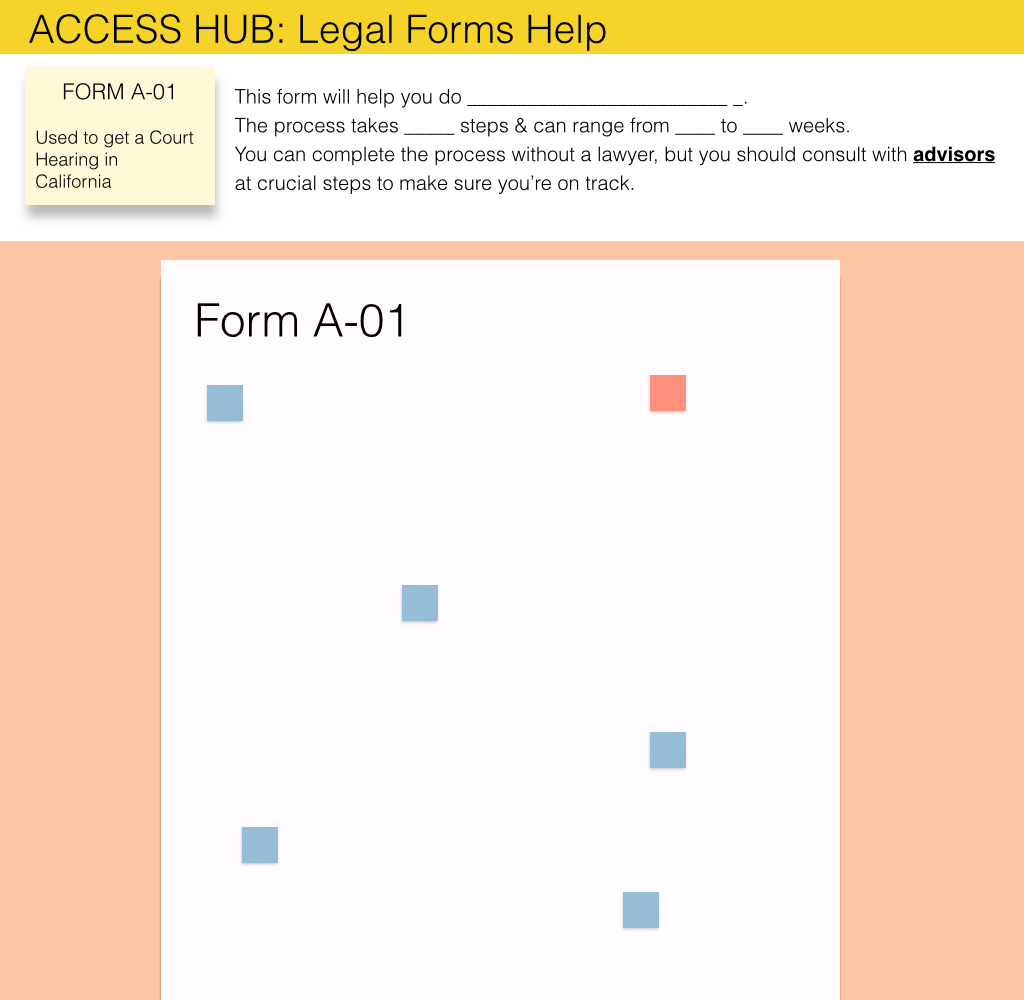
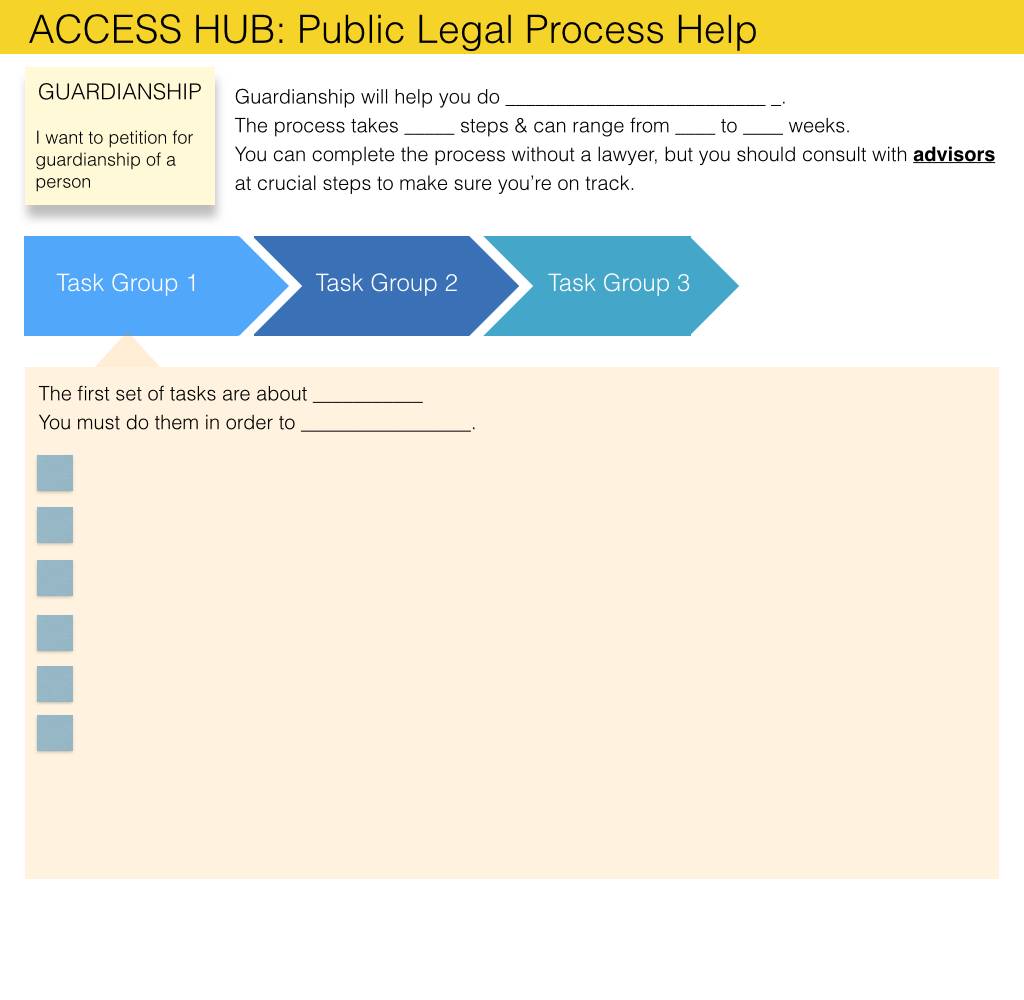
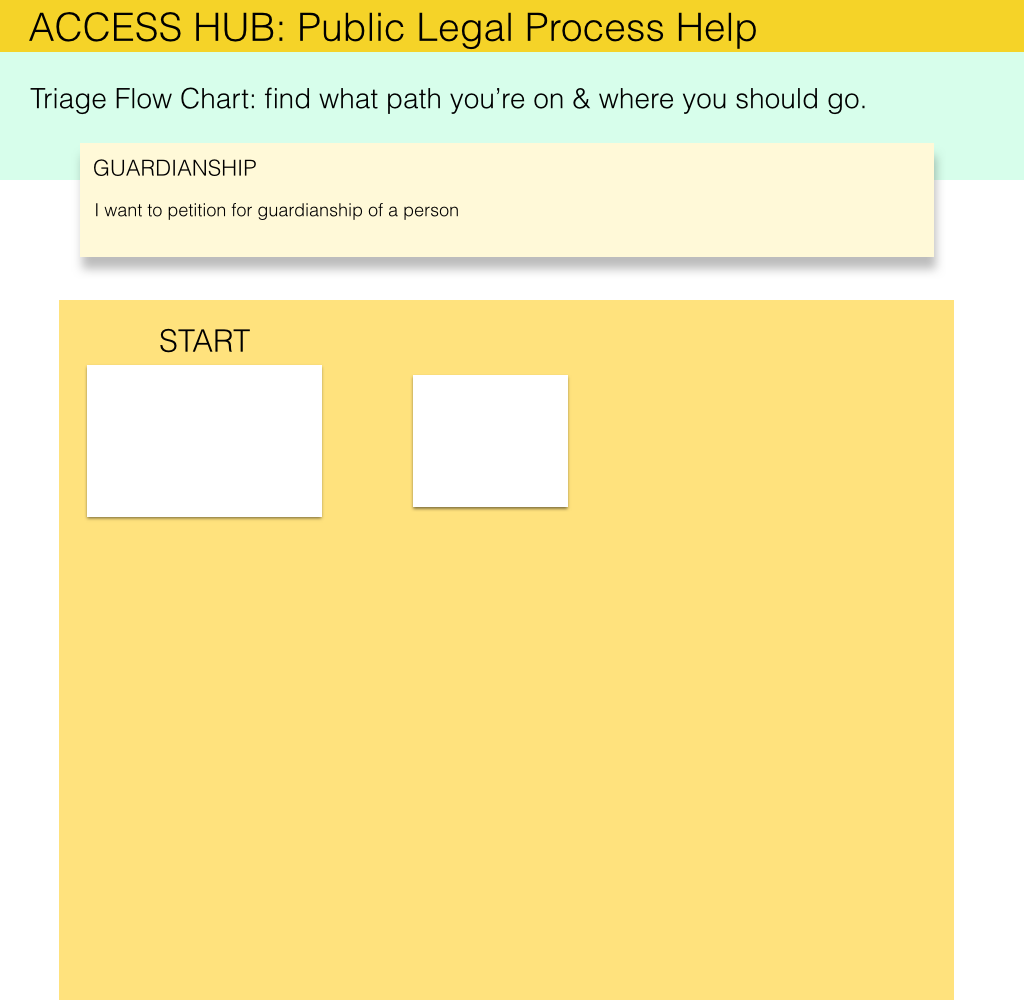
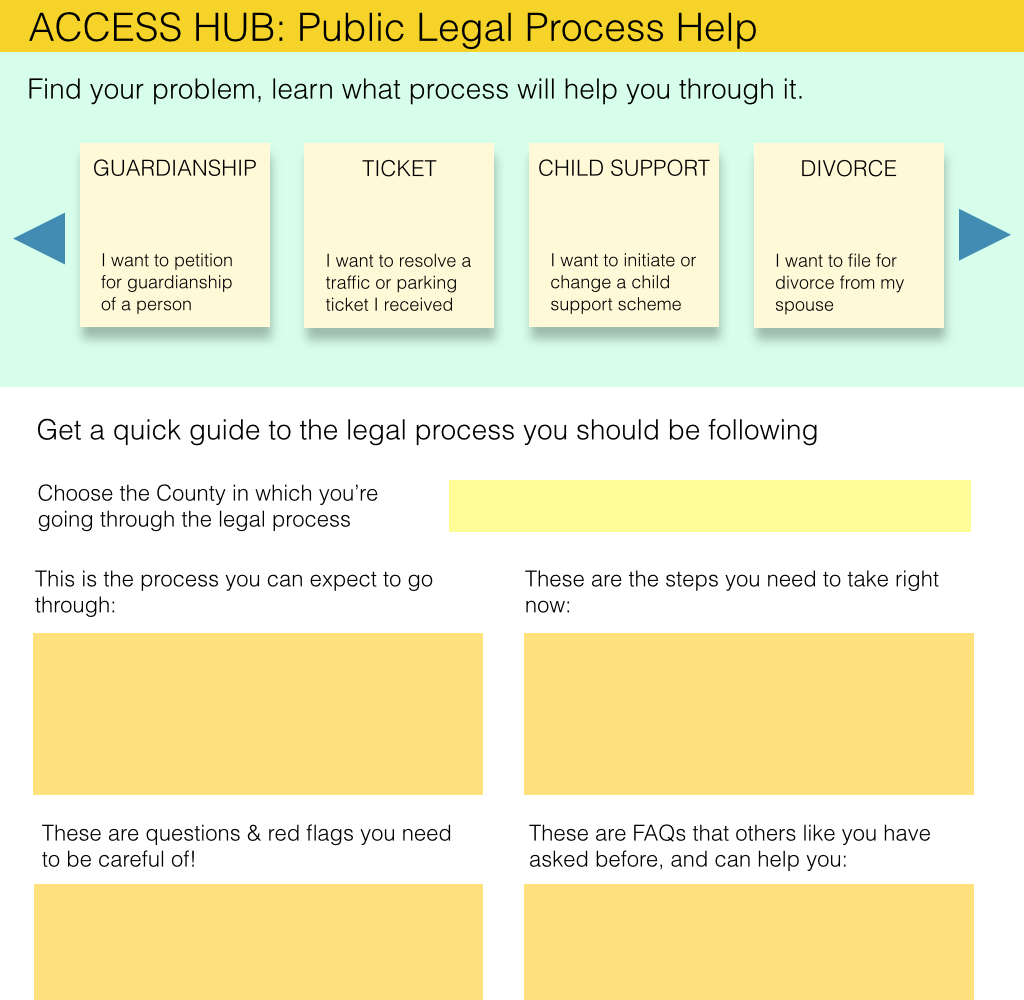
Do you have any more thoughts on these action-plans, or these concept designs? Or do you have connections & resources for me? Send them along, please!
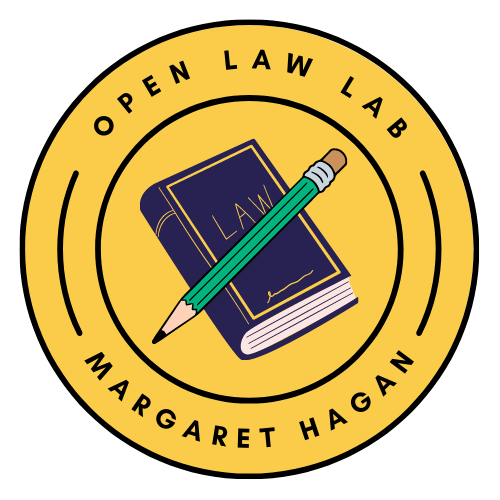
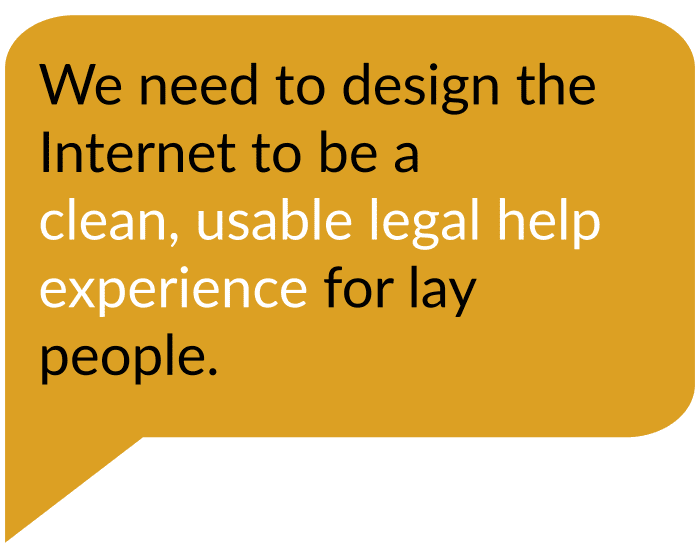
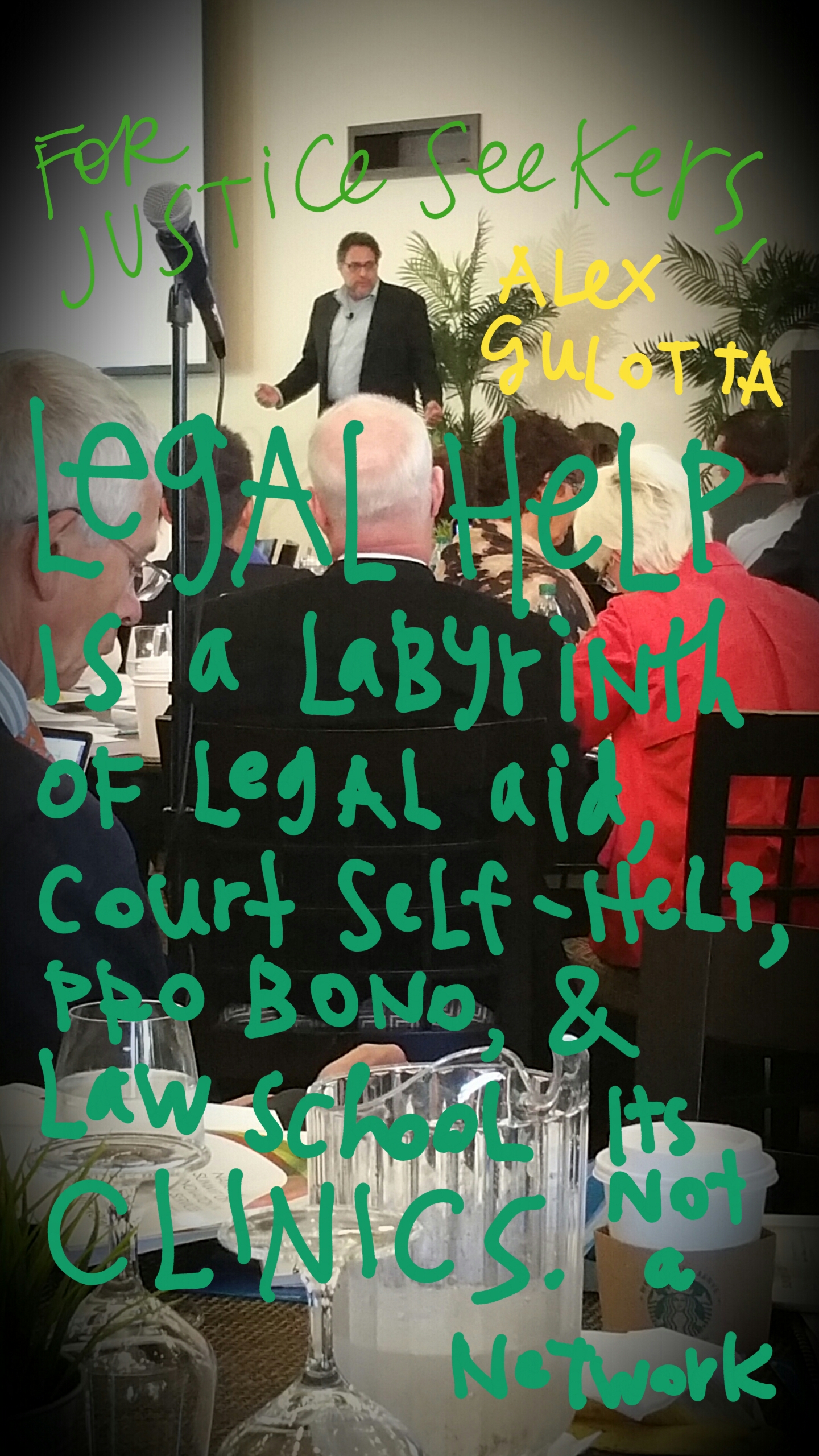
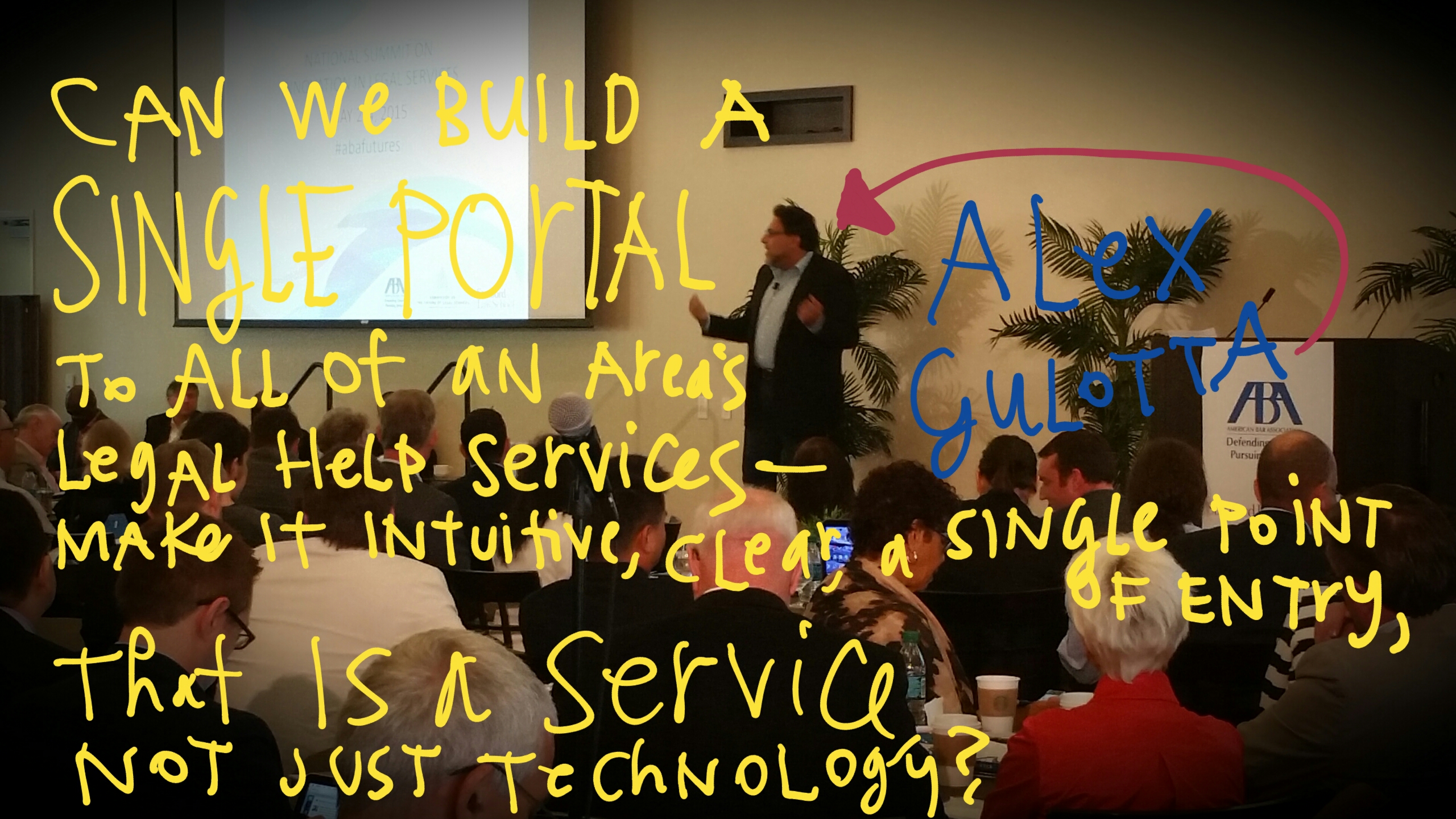
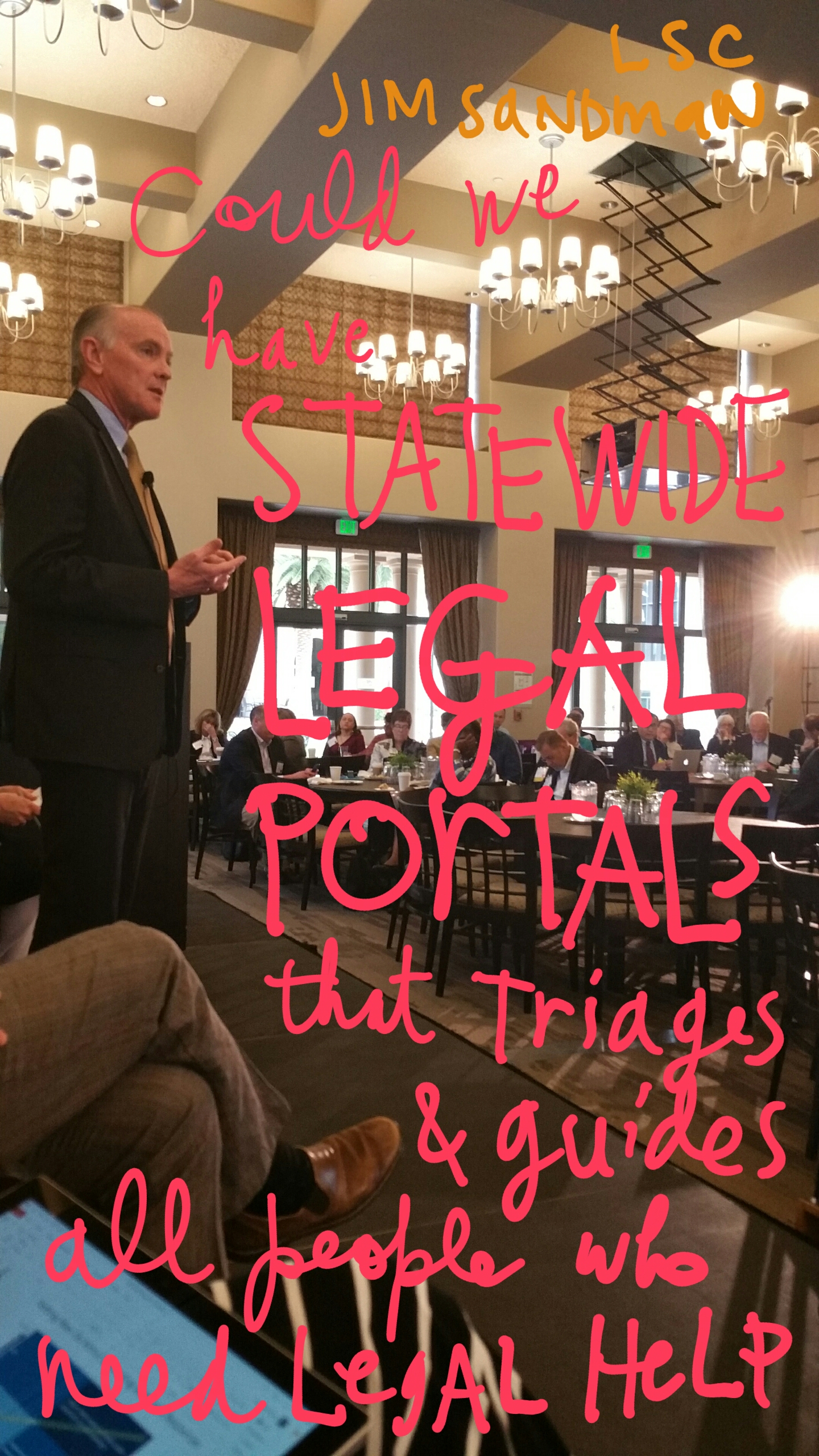
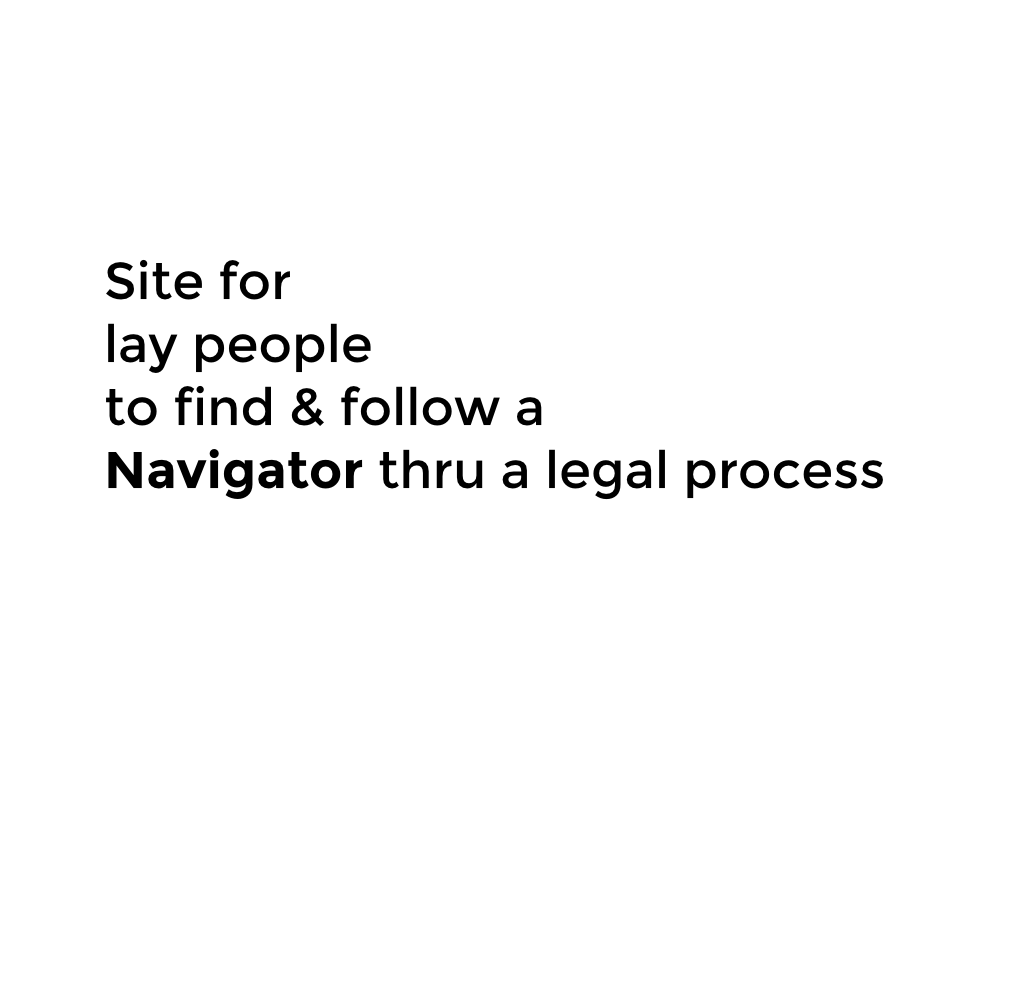
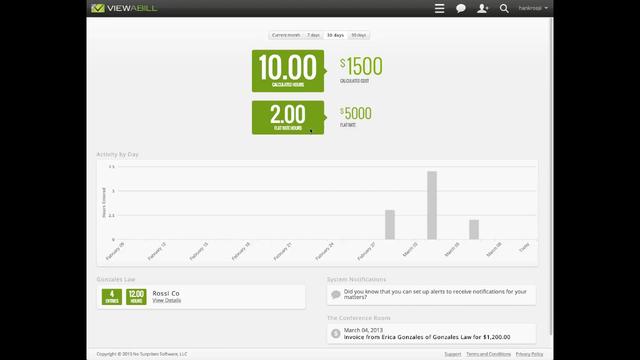
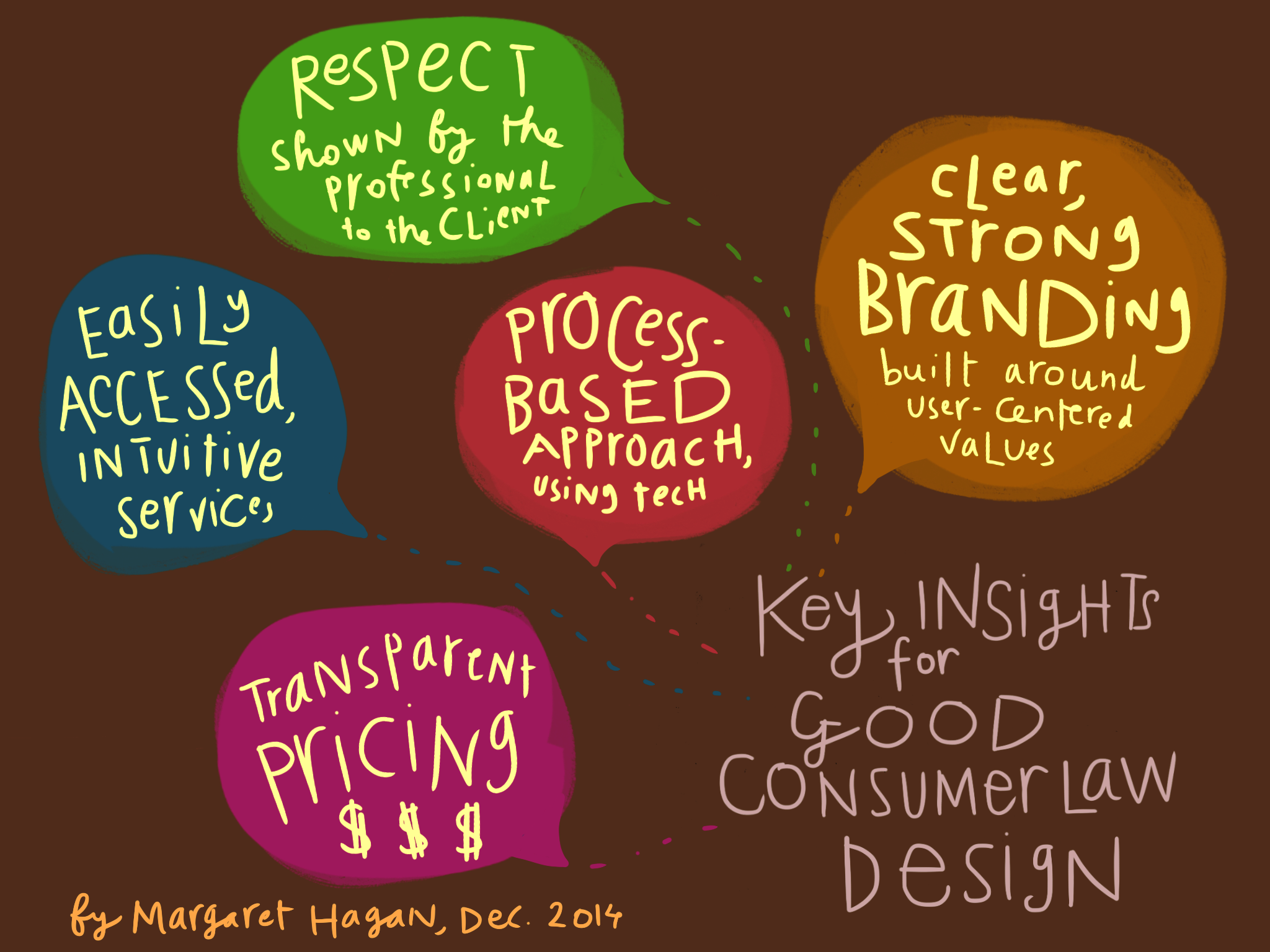
1 Comment
EXCITING!